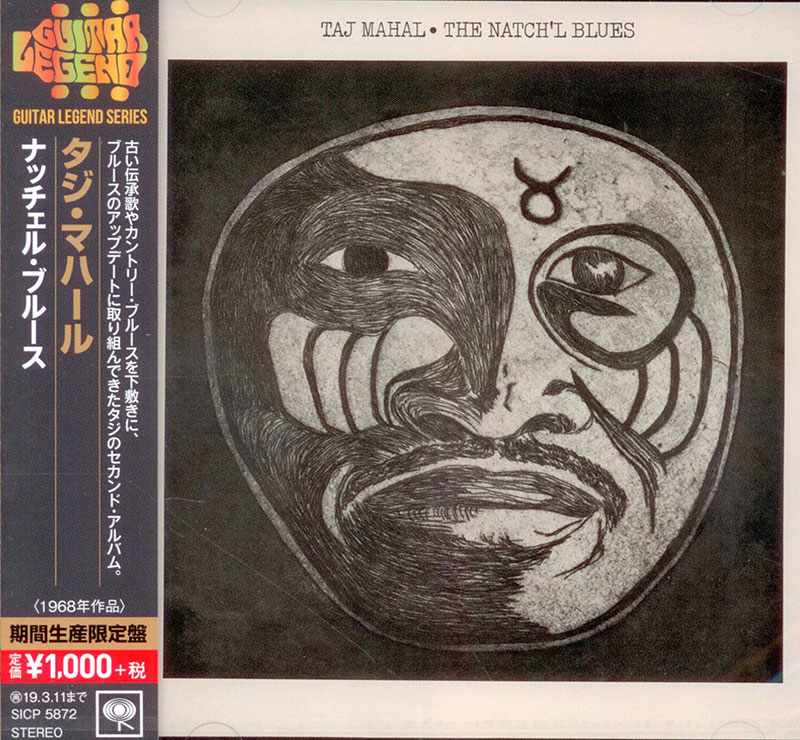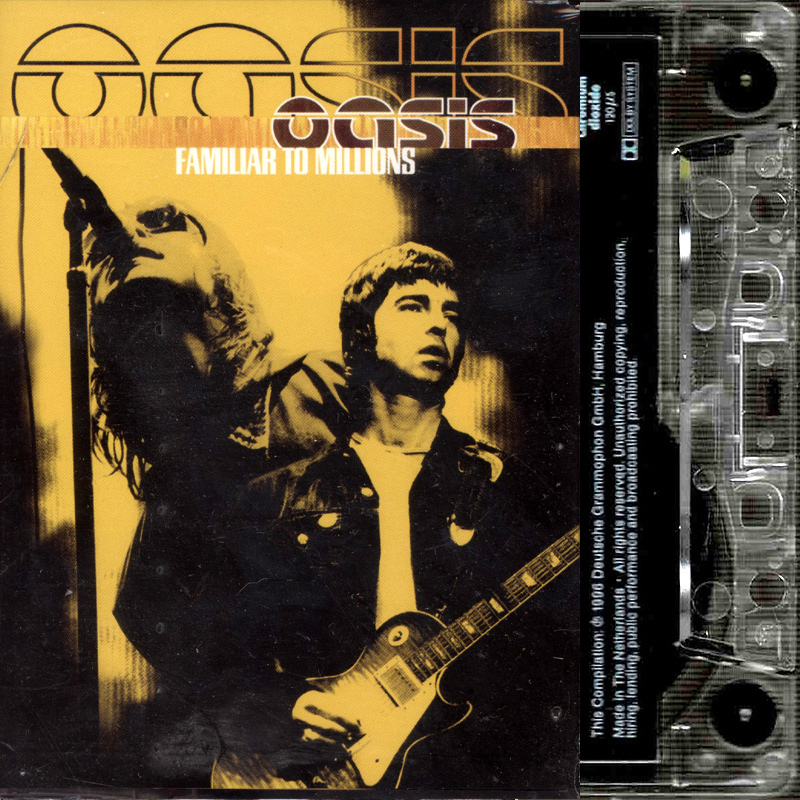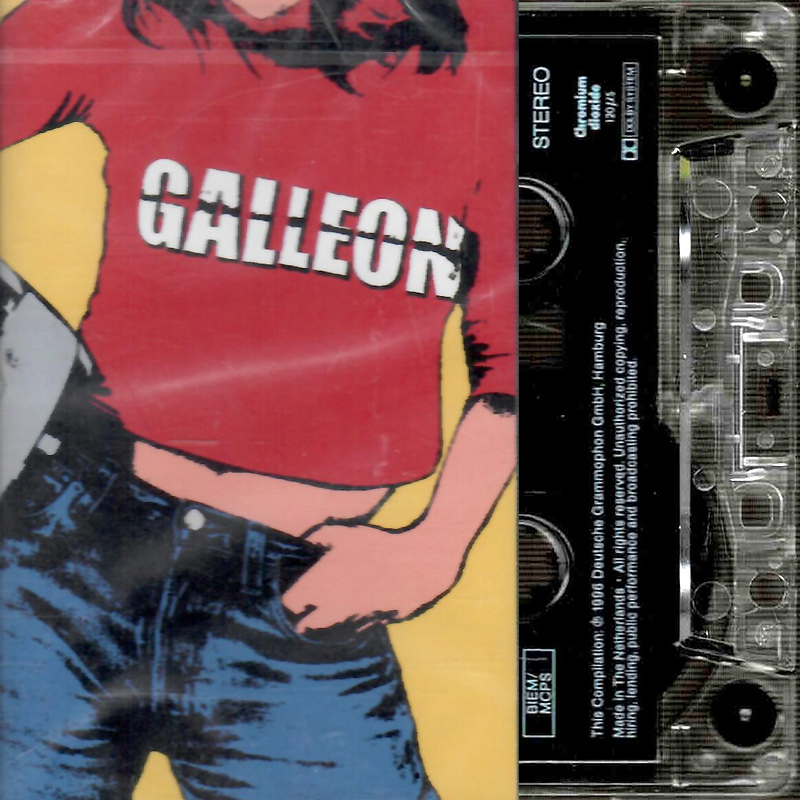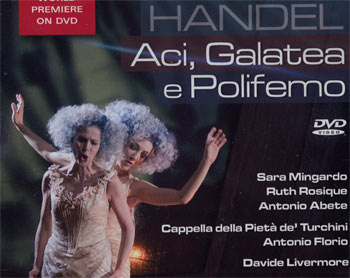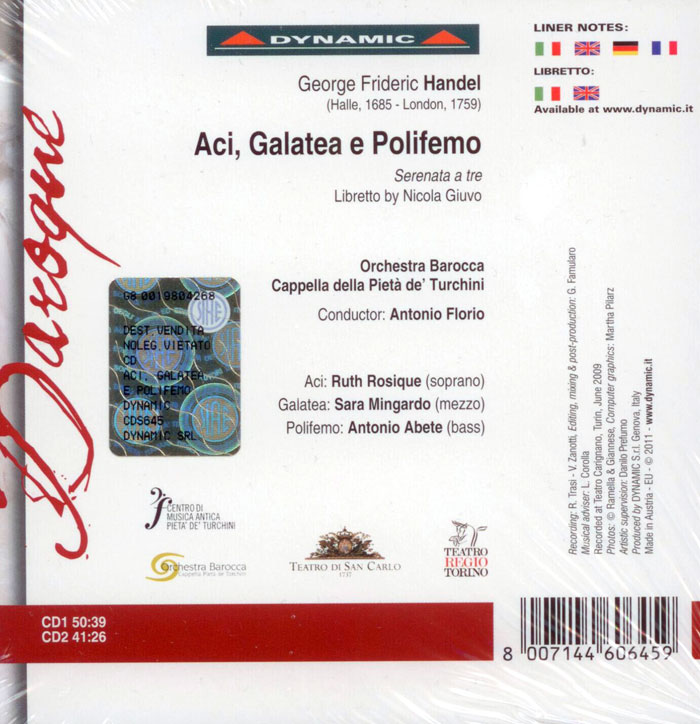Logowanie
Mikołaj - ten to ma gest!
Miles Davis, Horace Silver, Jay Jay Johnson, Percy Heath, Kenny Clarke, Lucky Thompson
Walkin'
20bit K2Super Coding - ale jak to brzmi!
Kasety magnetofonowe
Winylowy niezbędnik
ClearAudio
Double Matrix Professional - Sonic
najbardziej inteligentna i skuteczna pralka do płyt winylowych wszelkiego typu - całkowicie automatyczna
HANDEL, Ruth Rosique, Sara Mingardo, Antonio Abete, Baroque Orchestra Cappella della Pieta dei Turchin, Antonio Florio
Aci, Galatea e Polifemo
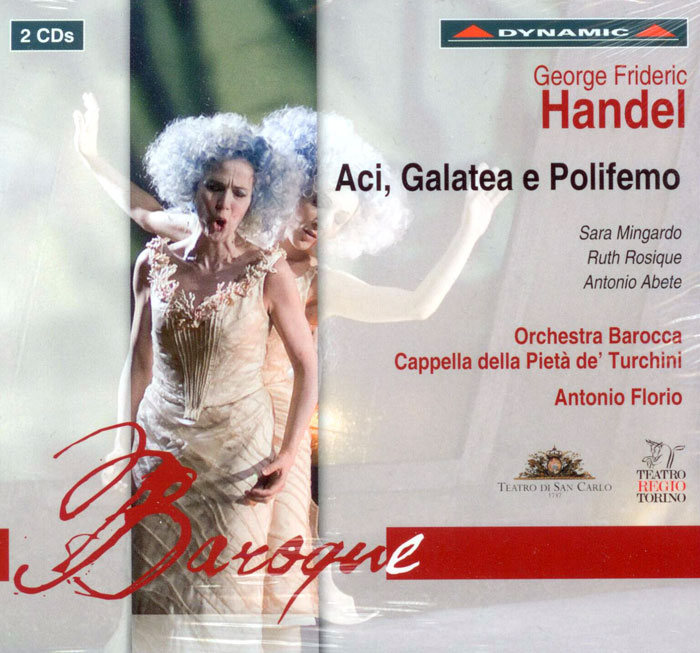
- Part 1
- 1. Opening / Siciliana
- 2. Sorge il dì (Aci, Galatea)
- 3. Sforzano a piangere (Galatea)
- 4. Che non può la gelosia (Aci)
- 5. Ma qual orrido suono (Galatea)
- 6. Sibilar l’angui d’Aletto (Polifemo)
- 7. Benché tuoni e l’etra avvampi (Galatea)
- 8. Non sempre, no, crudele (Polifemo)
- 9. Dell’aquila l’artigli (Aci)
- 10. Precipitoso nel mar che freme (Polifemo)
- 11. S’agita in mezzo all’onde (Galatea)
- 12. Proverà lo sdegno mio (Trio)
- Part 2
- 1. Sonata
- 2. Ingrata, se mi nieghi (Polifemo)
- 3. Fra l’ombre e gl’orrori (Polifemo)
- 4. Qui l’augel da pianta in pianta (Aci)
- 5. Se m’ami, o caro (Galatea)
- 6. Dolce/caro amico amplesso (Trio)
- 7. Verso già l’alma col sangue (Aci)
- 8. Impara, ingrata, impara (Polifemo)
- 9. Del mar fra l’onde (Galatea)
- 10. Vissi fedel, mia vita (Polifemo)
- 11. Chi ben ama ha per oggetti (Trio)
- Antonio Florio - conductor
- Ruth Rosique - soprano
- Sara Mingardo - mezzosopran
- Antonio Abete - bass
- Baroque Orchestra Cappella della Pieta dei Turchin - orchestra
- HANDEL
Plot Based on the well-known mythological story narrated by Ovid in the Metamorphoses, this is a classical tale of jealousy and love. The giant Polyphemus tries to force his attention on the fair sea-nymph Galatea, who is in love with the shepherd Aci. When mad jealousy drives Polyphemus to kill his rival, Galatea asks her father Nereus to turn Aci’s blood into a river so that, flowing into the sea, he will join her forevermore. Interview taken from the Italian RAI 3 programme ”Prima della Prima” (available on Youtube in italian) The Teatro Carignano Mrs. Evelina Christillin (General Manager) Opera returns to the Teatro Carignano after a very long time due to the restoration works, which ended a few months ago and have brought about significant changes, including technological and property innovations. There has been the reinstatement, from an original project, of the orchestra pit, which can hold up to 20-25 elements. It isperfect for a Baroque orchestra like this one. Naturally, Turin has a wonderful opera theatre, the Regio, where operas with larger orchestras are regularly performed; Teatro Carignano is now an additional choice for staging works in a historical venue. The production’s philosophy Davide Livermore (Director) The doubles (mimes) serve the purpose of amplifying the emotions, just as it happens in music; I always start from the score, I cannot create anything without a deep knowledge of the score and without respecting the music’s performance practice. By doubling the characters we do what the music does with the varied da capo aria. We have Acis and his double, Galathea and another Galathea, Polyphemus and another Polyphemus: the doubles magnify the singers’ gestures. The sets I have designed reproduce a distorted 18th-century, a perspective aberration. It’s an 18th century that goes against itself, that goes against form, against the harrowing, moving attempt of 18th-century man to give a form to life, a form to love, to existence.” Sara Mingardo (Galathea) ”I like Mister Livermore’s idea for this production, to have us work as if we were in front of a mirror; this isn’t an opera, it’s a serenade, therefore it lacks the dramaturgical strength of a Handel opera. He (Mr. Livermore) has created these double characters, this mirror effect that is a bit like showing the character’s past and future. The mimes are like our younger selves.” Antonio Abete (Polyphemus) ”The fact that the actor who plays my double weeps bitter tears is undoubtedly a very effective amplification of the drama.” The music Antonio Florio (Conductor) ”It appears this serenade was composed for a marriage in the Neapolitan nobility, between Gallio di Alvito and the noblewoman Beatrice Tocco di Montemileto. To celebrate this wedding, Handel wrote this serenade for his new patrons. The music goes far beyond the libretto. This is undoubtedly one of Handel’s masterpieces.We can hear this is a young Handel, who has absorbed like a sponge the style he has heard in Rome, that is to say the style of Corelli, who at the time worked in Rome, and of Alessandro Scarlatti.” Davide Livermore (Director) The ’da capo’ re-sets the camera of the spectator’s eye at a different distance, because this is what the music does. Through the singers’ variations the music offers a different ’image’, as it were; there is an acceleration towards the emotional climax, be it of fury, anger, rage or love.” ”Acis’ death is a musical monument of absolute and overwhelming beauty; it comes about after an accompanied recitative of great strength and depicts the moment the soul breaks free from the body; when the soul looks at the body and soars away. It is deeply moving.” Ruth Rosique (Acis) ”The first days (of rehearsal) I couldn’t but be moved to tears, because this music is very, very moving; we were all in tears, even Cristina, lying dead on the ground, couldn’t stop crying... This music... I don’t know, it is wonderfully emotional. In the beginning I had to distract myself with other thoughts, not to cry. Now I have learnt to focus, and I just go out and sing.” Polyphemus Antonio Abete (Polyphemus) ”Polyphemus’ love for Galathea is not reciprocated, because Galathea loves and is loved by Acis. Polyphemus’ forceful passion only stirs in Galathea feelings of disgust. As always, these characters are used to show aspects of man’s nature, the nature of us all. Polyphemus is well aware that if he kills Acis he will lose Galathea, but cannot curb his feelings, cannot restrain the force that takes hold of him and drives him to despair. His despair knows no boundaries. Davide Livermore (Director) ”The thing that occurred to me is that in Polyphemus’ very masculine passion we can see the stiff bourgeois mentality: a man wants a woman and she must yield; it is unthinkable for a woman to love a younger man or another woman, for her to want something different from what this man wants - ultimately, from what society wants. Hence Acis is irrational love, which clashes with the bourgeois idea of love.” Acis Davide Livermore ”The death of Acis is the death of a truly irrational - therefore unconventional - aspect of love; it could be the love of a Dalida who falls in love with a boy, the homosexual love between two women, the love between a noblewoman and a tramp - this is the story of something that must not be.” ”The finale is strange; and at the same time it is exciting, because this music never forsakes elegance. So we have all three characters abandoning their roles and becoming just singers that tell the audience something: what they are saying is how wonderful it was to stage this opera, how wonderful it was to sing this music, to spend an evening with this myth, to recount it today; how wonderful it was, ultimately, to have all been moved by it together.”





